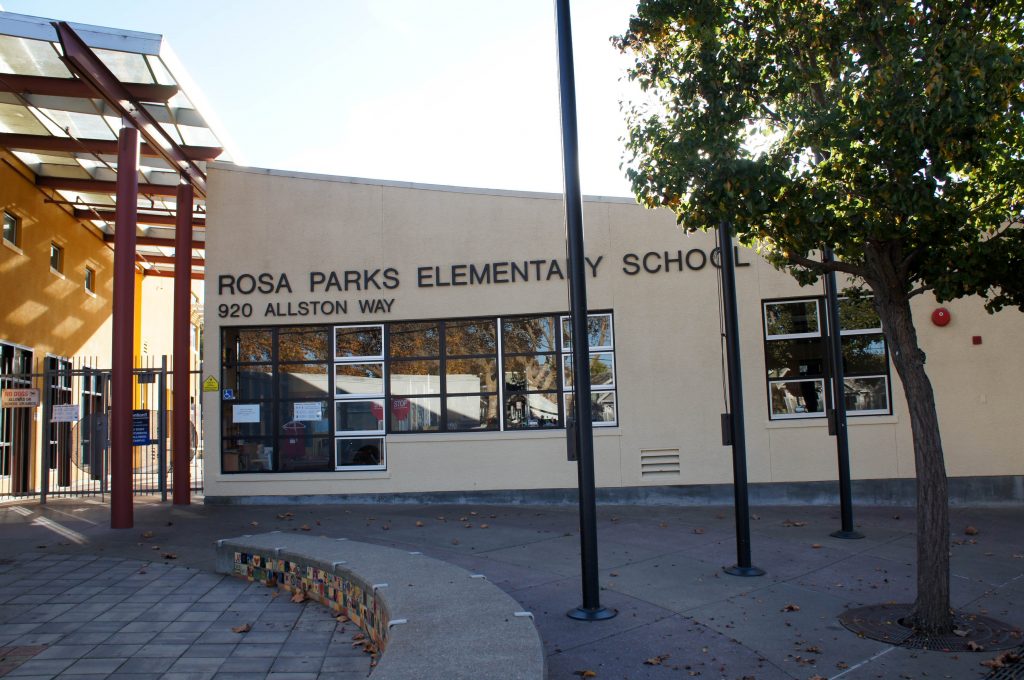With the beginning of February comes the question of how Black History Month will be approached by Berkeley Unified School District (BUSD), particularly during the first year back in-person since the beginning of the COVID-19 pandemic.
In past years, Black History Month in BUSD differed depending on the student’s grade level, school, and teacher. Some teachers chose not to discuss it, while others dedicated days to the discussion of Black culture in the United States. On a more standardized level throughout the district, BUSD used community events such as the Black History Oratorical Fest as a means to celebrate Black culture.
Implemented with intentions of “[teaching] about black history in a powerful, engaging way,” according to Laura Babitt, BUSD School Board vice president, the Black History Oratorical Fest is a district-wide competition where students create poems, speeches, essays, and skits based on Black history with which they compete at the school-wide level. From there, two students are chosen at each school to compete with others from across the district, and first, second, and third place prizes are awarded. The Oratorical Fest was one of the first events canceled in February of 2020 due to the COVID-19 pandemic, and was held online in 2021.
At Malcolm X Elementary School, teachers meet to discuss how Black history will be celebrated each year.
“Each year, we discuss it as a staff and come up with an idea of what we are going to do that particular year. Some years, we have [made] door decorations celebrating different Black historical figures. Other years, we’ve had assemblies or plays that students have put on,” said Alexander Hunt, principal of Malcolm X Elementary.
“It’s a little different each year, and part of that is by design. If you are a student going to Malcolm X, we don’t just want you to hear one story year after year,” said Hunt.
Other elementary schools, such as Rosa Parks Elementary, also stress the importance of teaching Black history. “We really try to focus on Black excellence throughout the year, and then we highlight it even more so during Black History Month,” said Vanessa Flynn, principal of Rosa Parks Elementary. “Over the 2020-21 school year … we were really focused on the literature that represented Black families, leaders, and heroes. In the lower grades, it might have been more read-aloud, while the upper grades had more book clubs that represented the Black experience.”
In February of 2021, when students were still attending their classes online via distance learning, many elementary school teachers held a Black Lives Matter Week. “A lot of schools really focused on the content of Black Lives Matter and what it really stood for,” said Babitt. This was a way for teachers to keep their students informed about current events, as well as teach about Black history.
“Most other principals that I’ve talked to aren’t planning anything that will involve large gatherings. We are really looking into other kinds of events,” Hunt said.
At Malcolm X Elementary, the school is focusing on smaller, more personal learning surrounding Black history. This means operating on a more class-by-class basis.
“This year’s Black History Month will look a lot like it did in pre-pandemic years, or at least that is my hope,” said Babitt.


